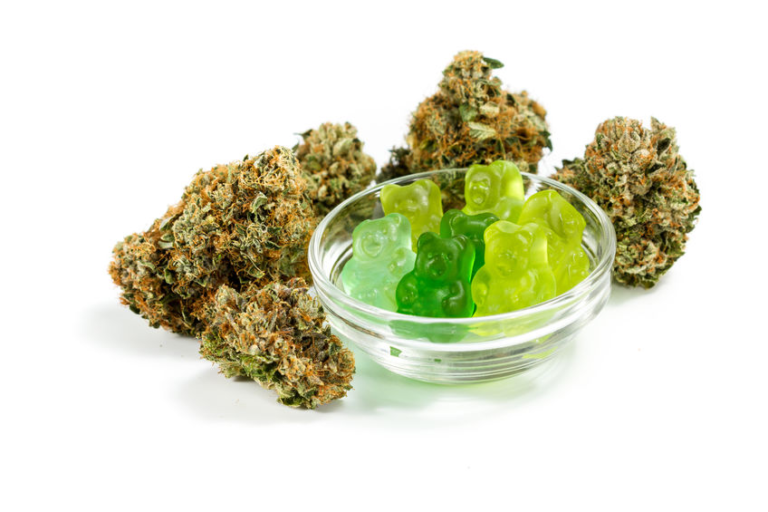
We’re only into the second month of 2021, but there have already been two cannabis edibles recalls due to mold contamination. While these incidents were both from Canadian companies, the U.S. is not without mold incidents, having had similar state recalls – along with a recent recall of pre-rolls because an employee allegedly licked the product.
But whether in Canada or the U.S., one thing all these recalls tell us is that in the manufacturing of cannabis edibles – like every other food or beverage – adherence to Good Manufacturing Practices (GMPs), general cleanliness, and worker training are all critical to product safety.
That focus will only become more critical as the U.S. continues its drive toward nationwide legalization. Not only are more states continuing to join the ranks of those that have legalized medical and/or adult recreational use, we also are seeing accelerated discussions of federal marijuana legalization in the Biden administration along with the push for FDA to start making some decisions on cannabis edibles as a food and/dietary supplement. This all points to changes in the cannabis edible space within the next four years.
When federal legalization does come to pass, so too will federal regulation for food safety, and GMPs will no longer be just a “should” for consumer safety, they will be a “must” for regulatory compliance.
So – what does the cannabis industry need to be doing to both increase today’s food safety and start down the road toward tomorrow’s regulatory compliance? Become more active. GMPs are often presented as additional certification that brings a market advantage in the cannabis industry, but for regulatory enforcement, they will become a minimum expectation.
TAG recommends that cannabis manufacturers, processors, and retailers focus on three key areas:
1. Cleaning and Sanitation. As a basic component of all food safety standards and regulation, cleanliness and sanitation are essential in any food facility – from growing and harvesting to consumer retail, and even home consumption. As such, these are central to GMPs and should be at the core of any worker training.
2. GMPs. For conventional food manufacturers, GMPs were updated with the passage of FSMA to include language on allergen controls, and FDA discusses GMPs as describing the methods, equipment, facilities, and controls for producing processed food. “As the minimum sanitary and processing requirements for producing safe and wholesome food, they are an important part of regulatory control over the safety of the nation’s food supply. GMPs also serve as one basis for FDA inspections.” As such, GMPs are essential for the safe production of food, and if edibles become regulated as a food, GMPs will become mandatory.
3. Worker Training. While both sanitation and GMPs are fundamental aspects of food safety, it cannot be assumed that workers inherently know or understand the essential practices. As such, worker training is critical to ensuring against inadvertent contamination.
Though depicted as minimum requirements and foundational elements of food safety, GMPs should not be construed as simplistic or universal. Rather FDA purposely allows for flexibility in its writing of the GMPs to enable facilities to apply them as best fits their operations. This flexibility, however, also means each operation must interpret the requirements to fit, while operating within the regulation.
It’s not always an easy task for those working in established operations or with foods that have longevity. So interpreting and applying GMPs to a relatively newer operation and food line, such as cannabis edibles, will certainly have its challenges. But challenging or not, the closer the U.S. comes to legalizing the production and sale of cannabis edibles, the more the businesses will be held to standards and regulations.






